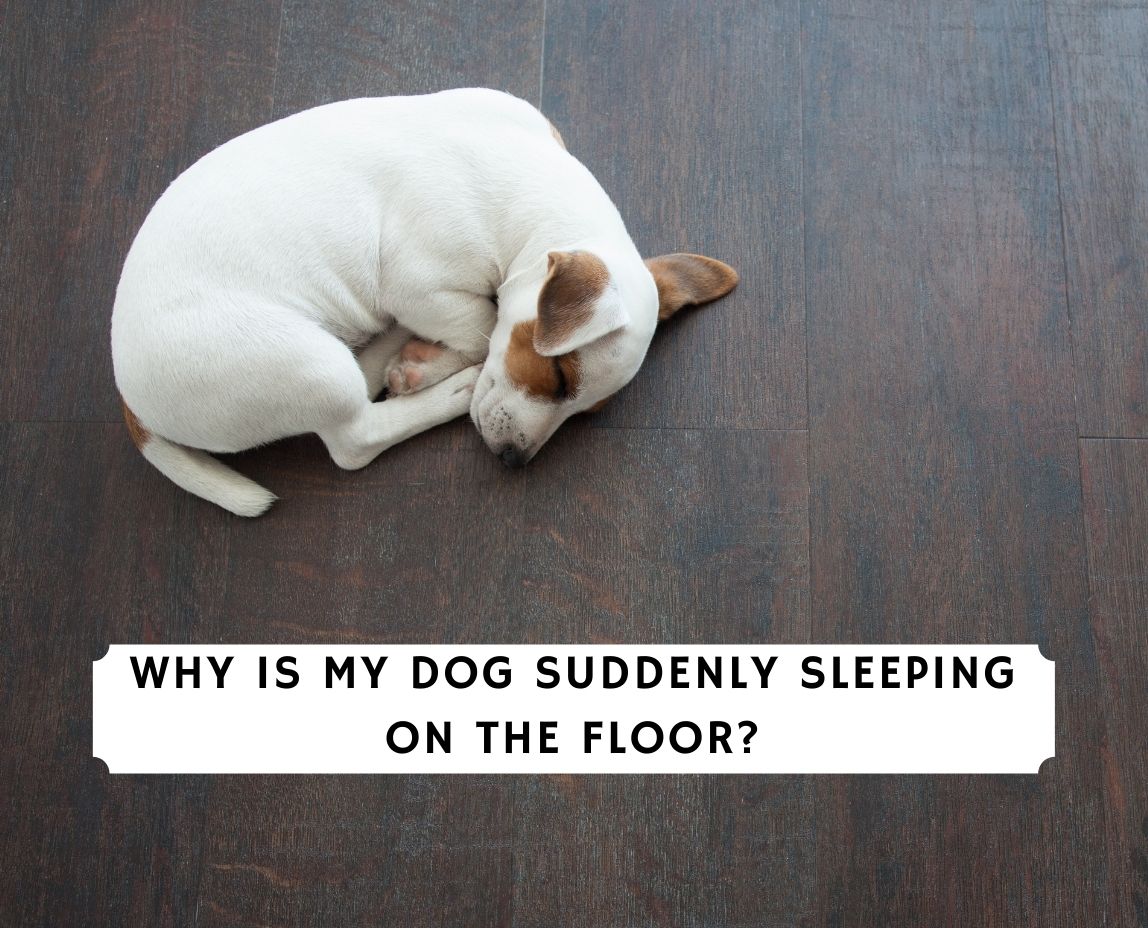

Use low-level enrichment activities to spark up an oldster. Keep food and water bowls in the same location. You can vary where you walk, but try to keep the time and distance about the same. Keep daily walks on a schedule as well, since this will help with elimination problems. Some seniors fuss if their dinner is even one minute late. So if dinner is usually at 6 p.m., try to stick with the schedule. Most senior dogs prefer a set routine for the “important things,” like meals. But Houpt says that enriching the older dogs’ lives by training new tricks (you still can teach an old dog new tricks), opting for sniff walks (as opposed to exercise walks) and using new food puzzles are helpful. Older dogs, and dogs in general, do better with a predictable routine. If they have never used one before, this may not be an easy time to introduce new training, but you can try.Īctivities that you can do with your dog will vary. If your dog uses a canine litter box or other indoor potty device, be sure that they can get in and out easily.
#MY DOG KEEPS SLEEPING IN TIME OUT CORNER SKIN#
If they are otherwise healthy, then consider using “doggy diapers,” which most dogs don’t mind, but you will need to change them frequently and clean your dog as needed so that their hair does not stay wet, become smelly and cause skin sores.Ĭonsider adding extra walks during the day to give your dog more chances to eliminate. Start by taking your dog to the veterinarian to rule out bladder infections. House soiling due to dementia may be tricky to control. Discuss this option with your veterinarian before using it. Melatonin helps some dogs, but there aren’t a lot of studies to confirm its effects. For some dogs, going for an extra walk right before bedtime can wear them out, leading to longer, deeper sleep. Add nightlights so they can see clearly and are less likely to get stuck. Many aging dogs develop a habit called the “midnight walks” that causes them to roam throughout the house at night. If your dog is asleep, speak as you approach and stamp your foot so that, if their hearing is going, then they can feel the vibration through the floor and know you are near. They might prefer their crate in a quiet room for even more security.

If they prefer to opt out, have a room where they can rest. If they want company, watch for signs of fatigue. Respect your dog’s desire to either mingle with or avoid people and dogs.
#MY DOG KEEPS SLEEPING IN TIME OUT CORNER HOW TO#
Block off unsafe areas in the house, such as stairways (where your dog could stumble and fall) and behind the couch, in case they wander behind it and can’t figure out how to get out. Katherine Houpt, the James Law Professor Emeritus of Behavior Medicine, suggests using the DISHAA assessment guide (in the blue box below) to help track the symptoms of declining mental capacity in your dog. If you’re not sure if you’re seeing signs of dementia, then Dr. You can’t stop aging, but you could help slow its progression - giving your dog more quality time. The earlier you catch the changes, the sooner you can start doing things to help your dog. Most signs of cognitive difficulty have been slowly building up. Signs of mental dysfunction in your older dog appear gradually, making it more difficult to recognize.Īs dogs live longer due to advances in veterinary medicine and nutrition, we see more problems in senior dogs, and one of the most difficult issues to detect is dementia.


 0 kommentar(er)
0 kommentar(er)
